Legislature to Take Up Coronavirus Bill Next Week
The bill is still being drafted according to legislative leaders, and the session could come as early as next Tuesday.
April 10, 2020
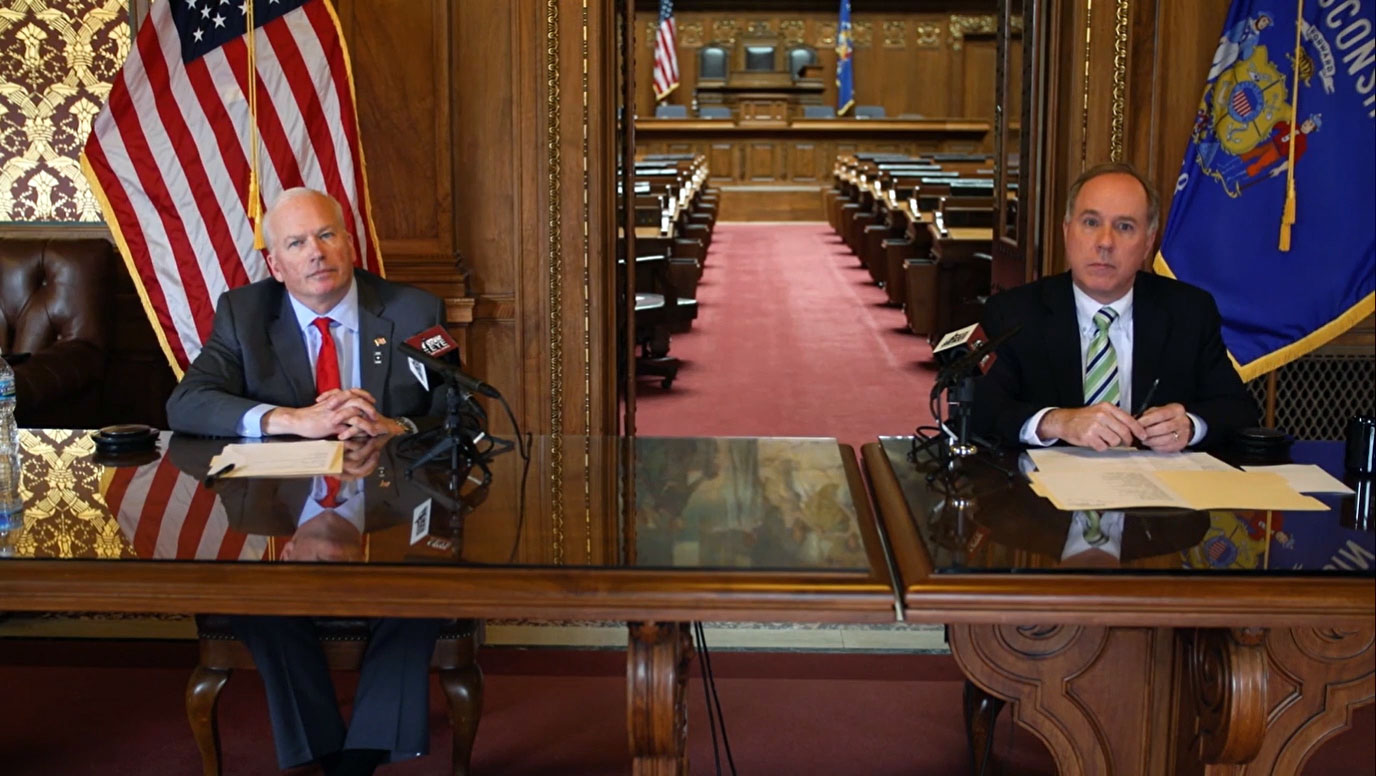
Senate Majority Leader Scott Fitzgerald and Assembly Speaker Robin Vos on a March 25, 2020 call with reporters.
State legislative leaders called the Senate and Assembly into extraordinary session next week to pass a coronavirus aid package at the state level. The chambers will meet Tuesday at the earliest, and bill language is still being worked out according to a release from legislative offices.
“We’re confident that this plan will make the necessary legislative changes to help Wisconsin deal with the extensive challenges from this public health crisis, while also protecting the integrity of our state budget,” said Assembly Speaker Robin Vos, R-Rochester, and Senate Majority Leader Scott Fitzgerlad, R-Juneau, in a joint statement.
The legislature-called session comes after Gov. Tony Evers twice asked the Legislature to hold a special session to take up coronavirus legislation ahead of the state’s April 7 election. The Legislature gaveled those sessions in and out without taking up any bills.
The governor’s office released draft legislation from the Republican plan Wednesday, criticizing the bill for placing more power in the Republican-controlled Legislature and removing provisions the governor included in earlier bills he floated to legislators. Evers said at a Friday briefing that he was looking forward to seeing the GOP plan.
“We continue to have conversations with legislators and we’re hopeful that next week we’ll see a bipartisan solution that helps us bridge the gaps that are existing in the federal legislation,” Evers said. “I haven’t seen the details of what they’re proposing, and it’s always important to wait for the bills to be put out there so we can actually see and react to it, but I’m hopeful–and hopefully we will reach a good conclusion.”
The briefing Friday came as Wisconsinites head into a weekend of Easter and Passover celebrations. Advocacy groups asked for clarity Thursday, which the governor later provided, that Wisconsinites could utilize drive-up formats for religious services. This comes as Wisconsinites continue to adjust to life under strict social distancing orders, which may extend for the foreseeable future.
“Until we have a vaccine, until we have medical intervention, we are going–as the governor said– to have to very actively manage this outbreak and “Safer at Home” is the current tool that we are using,” said Department of Health Services Secretary-designee Andrea Palm.
“We assume we will use a variety of tools as we manage this in a more active way with moving forward,” she added. “I certainly have not put a specific timeframe on when we would pull back from safer at home because as we have said every day in this media briefing, we are following our data very closely.”
At the same time, Republican legislators are calling on the governor and state health officials to reconsider the need for strict social distancing orders.
“Soon, Governor Evers will also need to see the forest through the trees,” said Rep. Gae Magnafici, R-Dresser, in a Friday column. “Banning cars would save many lives, but no one has ever seriously recommended doing so. We must accept a certain amount of risk to continue our lives during these times.”
Sen. Duey Stroebel, R-Saukville, said good policymaking is a cost/benefit analysis. “Every sickness and death is a tragedy, but so are businesses and livelihoods ruined by shelter in place orders,” he said.
Evers said Friday he will “continue to use science” to evaluate the need for social distancing orders.
On Friday, the American Civil Liberties Union filed suit with the Wisconsin Supreme Court seeking to release elderly and at-risk prisoners amid the COVID-19 pandemic.
“Right now Wisconsin’s overcrowded prisons are a ticking time bomb that threatens the health of all Wisconsinites, especially people of color who are disproportionately impacted by mass incarceration,” said Chris Ott, ACLU of Wisconsin executive director.
This comes as sheriff offices around the state try to reduce inmate population as the coronavirus continues to spread.
 Passport
Passport




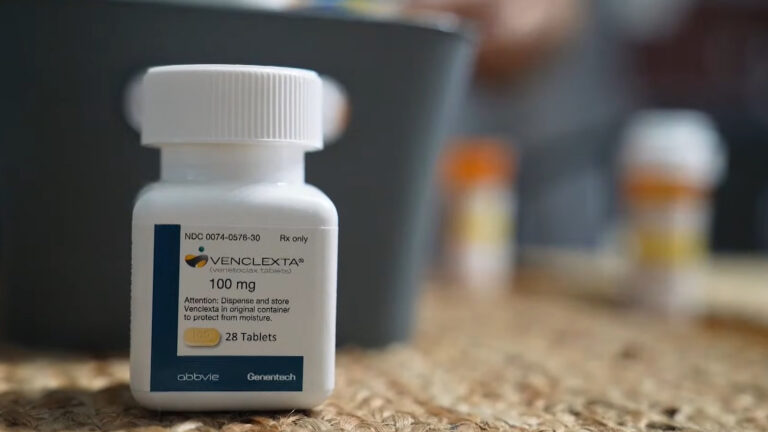
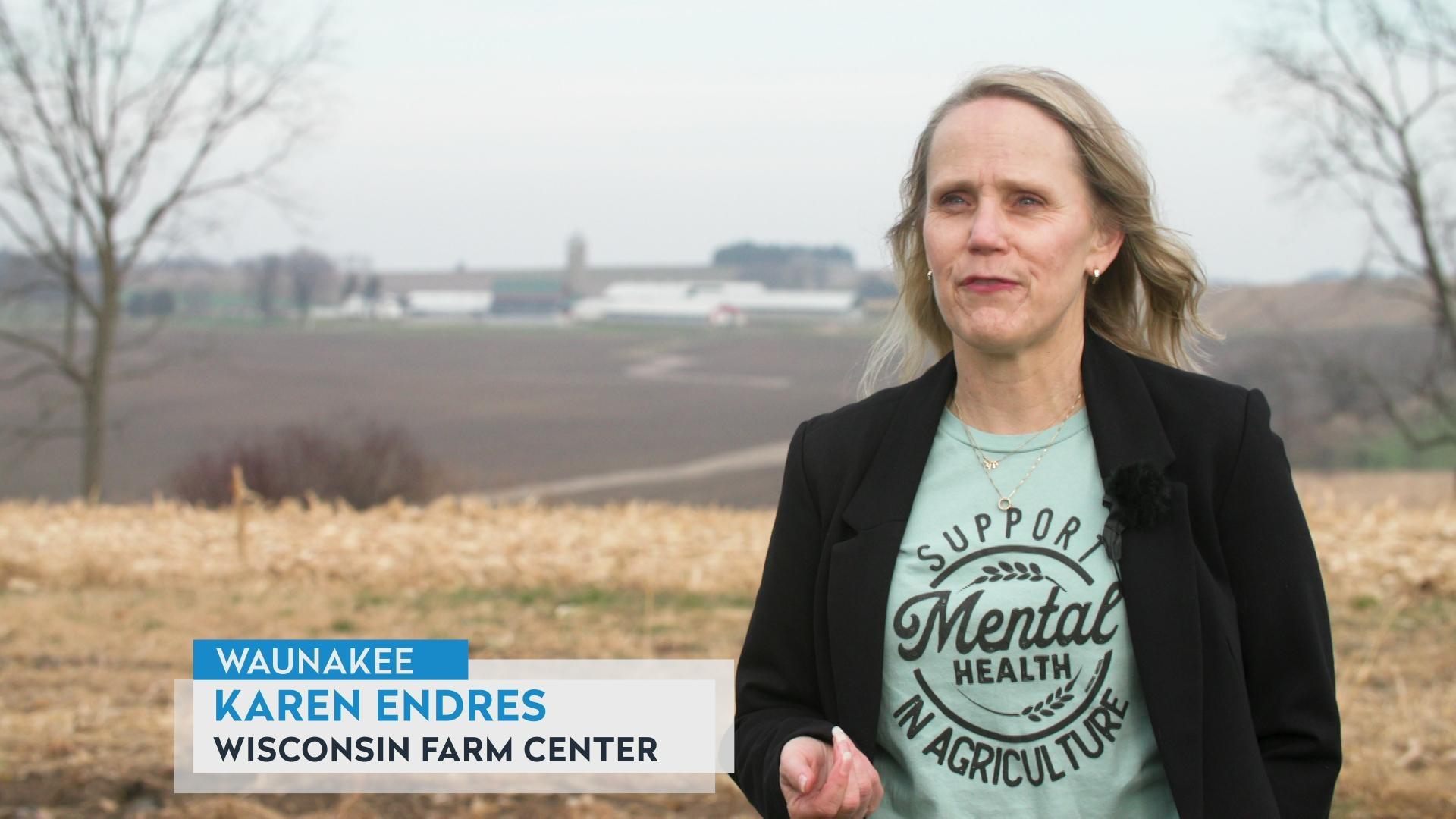
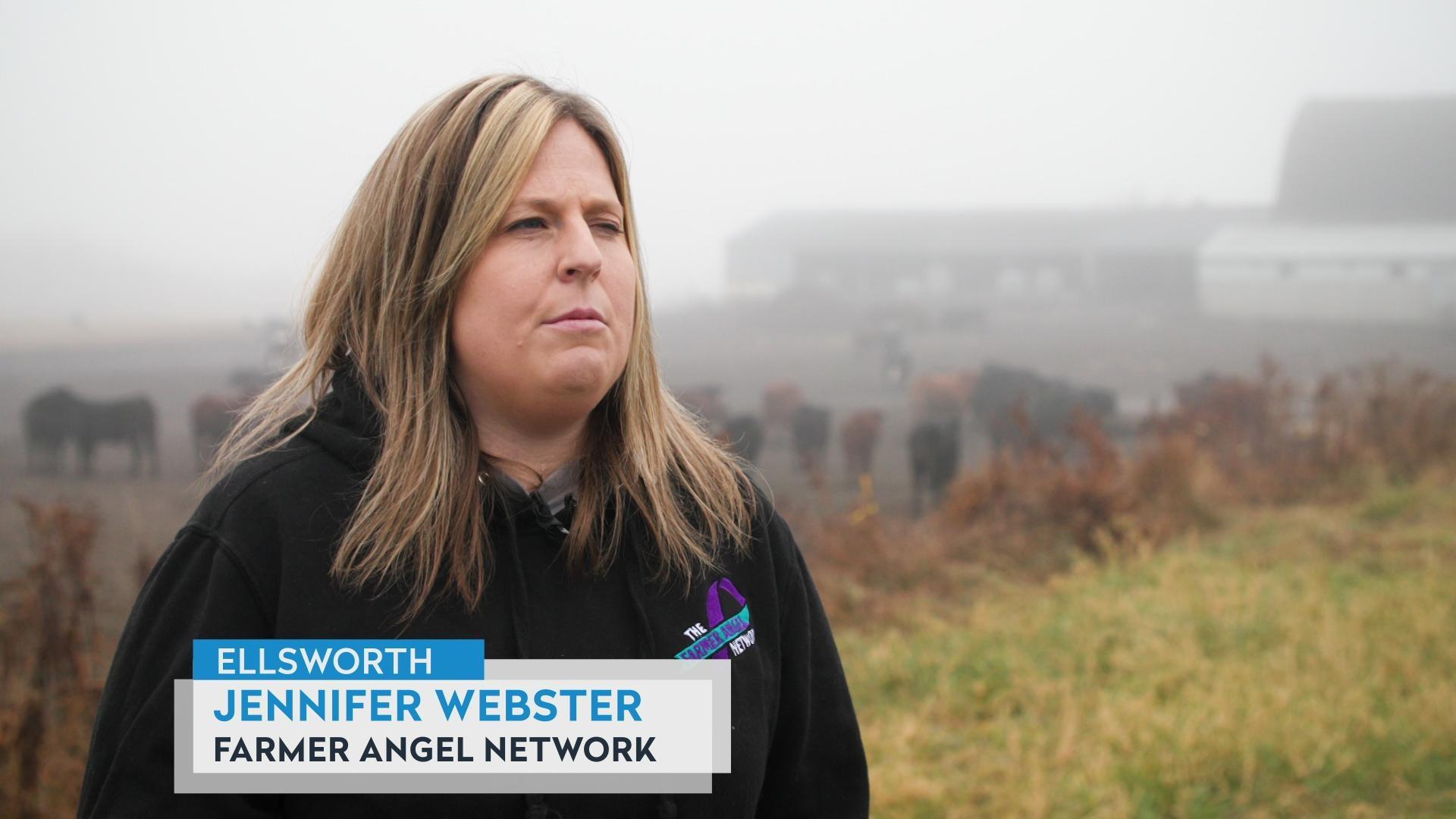
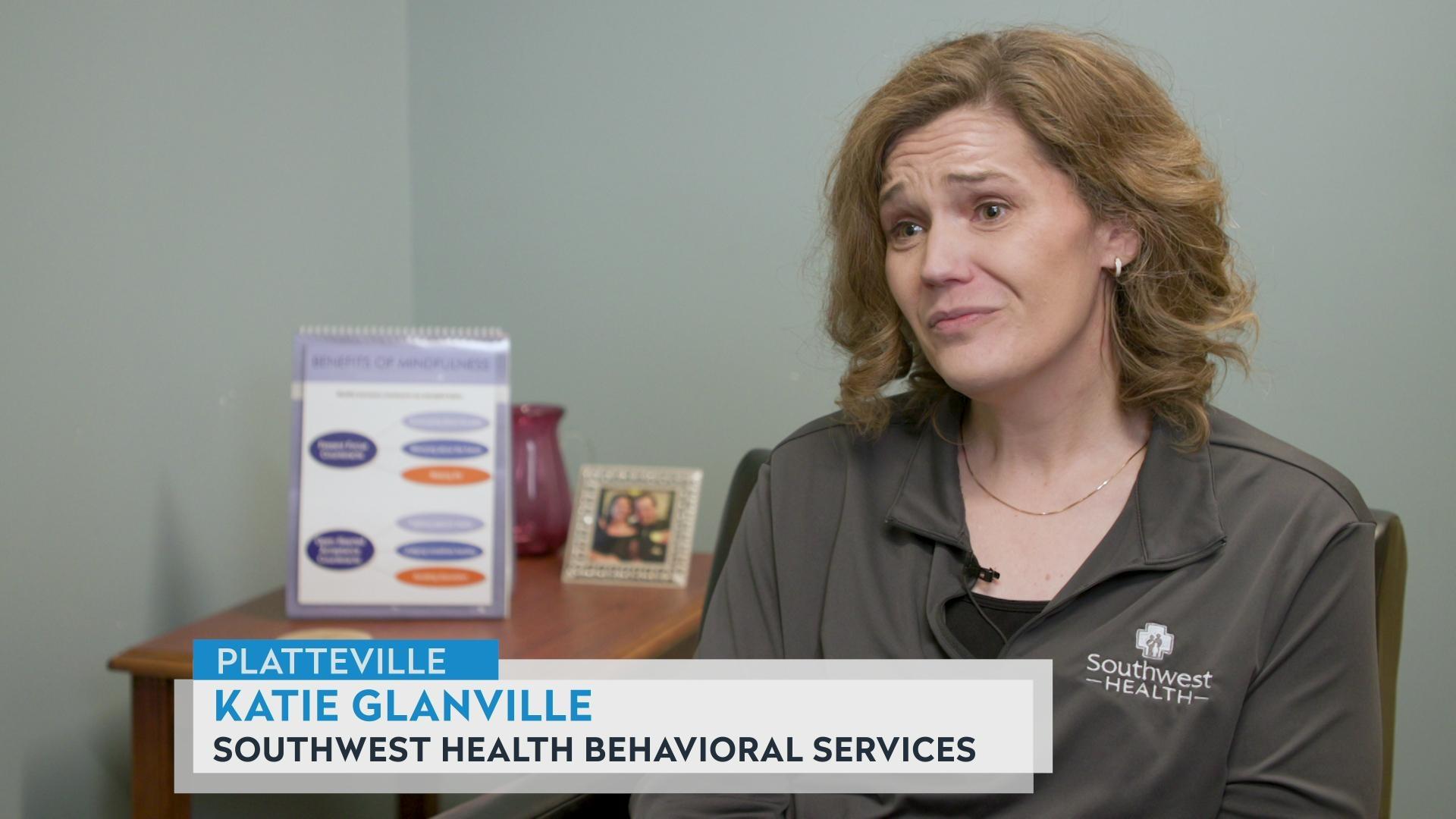



Follow Us